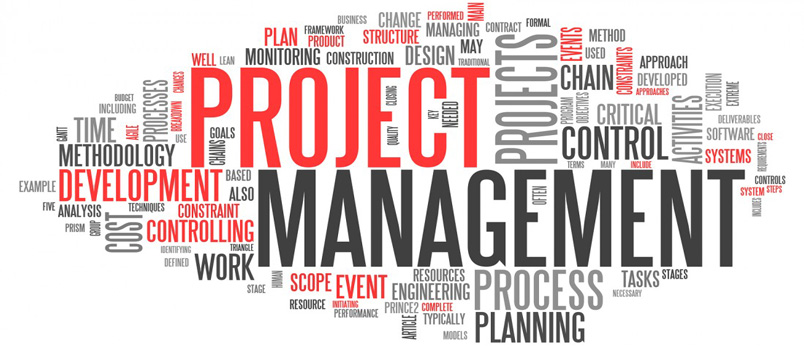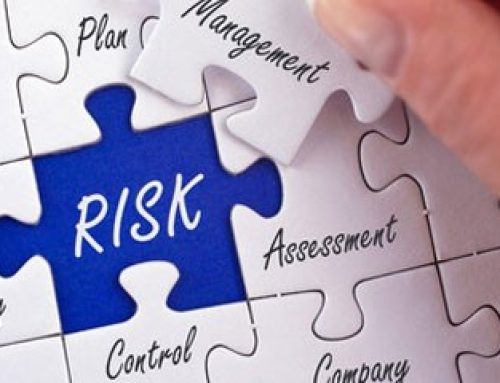Project Description
Why attend
The course is carefully developed to reflect the best practices in the petroleum industry and also is designed to meet the training requirements of distinguished professional organizations such as the Project Management Institute (PMI).
Course Objectives
By the end of the course, participants will be able to:
Become certified as a “Certified Project Leader”
Employ proper techniques and tools when managing project controls and apply professional procedures in planning, organizing, executing, leading and controlling projects.
Regulate project schedule, scope, goals, budget, resources, dangers, changes, materials, challenges, data, organization, prospects, contractors and subcontractors and finalize your projects successfully.
Implement objective planning methods and procedures and apply the best practice in resource leveling, project execution and project forming
Exercise the Earned-Value techniques when controlling your projects and resolve problems related to time, cost and resources.
Manage project teams professionally and control project human recourses through effective communication, motivation and team building.
Employ scope control management, project speeding up techniques and practice critical chain project management methodologies.
Who should attend
The course provides an outline of all significant aspects and concerns of project management for those who are involved in the planning, scheduling, monitoring, reporting and control of project within the industrial environment. This includes engineers, project and team managers, leaders, project team members and business consultants.
Course Outline
- The PMI Context – Project Life Cycle –
- Five Steps of Project Initiation – Project Objectives, Scope & Constraints –
- Stakeholder Analysis – Project Roles & Responsibilities –
- The Responsibility Assignment Matrix – Sign-Off Process
- Communications Planning – Risk Management – Risk Management Life Cycle –
- Risk Management Workshop – Risk Response Strategies – Sources of Change – Scope Creep
- Change Control Processes – Change Management Plan – Change Control Log – Responding to Approved Change –
- Developing the WBS – Decomposition – The Sticky Note Technique – Estimating Methods – Compensation Considerations
- Dependency – Precedence Relationships – Networking Diagramming – Critical Path Analysis (CPM)
- Using the Network Diagram (PERT) – Creating the Schedule – Resource Allocation – Resource Leveling – Schedule Compression
- The Constraints Quartet – Focus on Past & Future – Project Meeting Tips
- Key Principles for Control – Change Management – The Final Project Approval Gate
- The Earned Value Schedule – Reporting Progress
- Threshold Levels – Quality Control
- Milestone & Schedule Management – Organizing Resources –
- Materials Management – Information & Feedback Management – Forms & Administration
- Meeting Management – Cost Management – Negotiation Management – Challenges – Activity Analysis
- Expectations – Stakeholder Expectations – Project Environment –
- Expectation Control Elements – Project Manager vs. Expectation Gap –
- Organizational Style – Reasons for Projects Failures
- Concept & Objectives of EARNED VALUE –
- Define the Three Processes Necessary for Earned Value –
- Establish Actual Work to be Done –
- Calculate Earned Value Indexes –
- Interpretation & Control Using Earned Value –
- Problems with Implementing an Earned Value Program
- Understand the Concept & Role of Critical Chain in Managing Projects –
- Incorporating Critical Chain Theory in the Planning Process –
- Managing Multiple Projects Using Critical Chain Project Management
- Determine Communication Requirements –
- Link Communication Requirements to Stakeholders –
- Develop a Communications Plan –
- Implement & Control Project Communications
- Define Leadership & Identify Successful Leadership Practices –
- Understand Role & Importance of Motivation Theories in Effective Project Management –
- Identify Leadership Styles Using Instruments –
- Discuss & Apply Concept of Situational Leadership to Project Processes
- Elements of People Management – Organizing: Cases in HR,
- Resource Leveling – Learn Project Management
- Importance of Scope Control –
- Methods in Managing Scope Control –
- Scope Control Cases –
- Scope Control in Construction
- Reasons for Acceleration –
- Considerations before Acceleration –
- Methods for Acceleration
- Selecting Contractor/Subcontractors –
- Letting a Contract/Subcontract –
- Management of Major Contractors/Subcontractors –
- Labor Only Contractors/Subcontractors
The workshop
This interactive training course includes the following training methodologies as presented on the next column based on percentage of the total tuition hours:
Lectures
Workshops & Work presentation
Case Studies & Practical Exercises
Videos, Sofware & General Discussion
The course instructor may modify the above training methodology before or during the course for technical reasons with no prior notice to participants.
Falcon Consulting Professionals is established in Greece for the last 15 years in the areas of technical consulting and professional training for the local industries. Falcon is expanding in GCC, aiming to provide the best consulting and training solutions to the industries of the region. Falcon’s instructors are accredited trainers and highly experienced in their fields, as well as adult training. We aspire to build our business relationships on mutual trust. The achievement of results with an emphasis on innovation and sustainability, quality, cost analysis and time scheduling are non-negotiable from the conceptual phase of the training.









